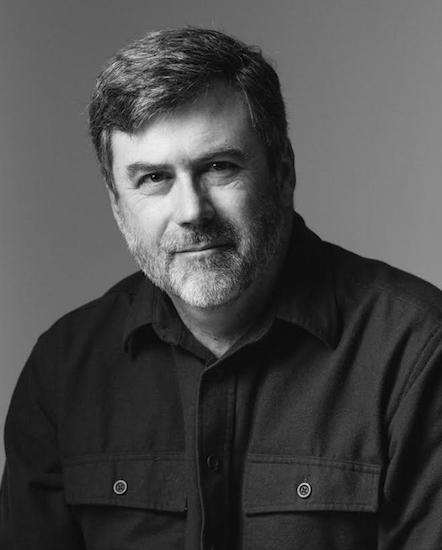Park Slope author writes hard-boiled Manhattan-Brooklyn crime thriller
Brooklyn BookBeat: Eagle Interview with Colin Harrison, Author of ‘You Belong to Me’

Colin Harrison starts his terrific new thriller “You Belong to Me” with a lapel-grabber: “Her story, his trouble, begins in desire.” Spare, economical and hard-boiled — that’s about as perfectly crafted an opening sentence can be as found in current fiction. Hard not to be hooked. And you will be.
In 1979, Simone Signoret wrote a memoir titled “Nostalgia Isn’t What it Used to Be.” Harrison’s noir isn’t what noir used to be. It’s high-tech, sophisticated and ready-made for the multiplex. That being said, Harrison’s prose is terse and nicely lurid. Plus, timely and caustic. Take this acerbic description of Manhattan’s haut monde: “The room was loaded with lovely women and wifeys and chicks and MILFs and the usual high-gloss rich young things who all knew one another from private schools and name-brand colleges, there with their dates or husbands, not a few of them hedge-fund zombies waiting for someone to die and relieve them of the necessity to appear employed.” Raymond Chandler couldn’t have said it better (although MILF wasn’t in common usage in the ’40s and ’50s.)
Recently, over lunch with Harrison at Rock Center Cafe, we discussed his meticulous research, his limitless fascination with New York City and an obsession he shares with his novel’s protagonist: Collecting vintage maps of Manhattan.
